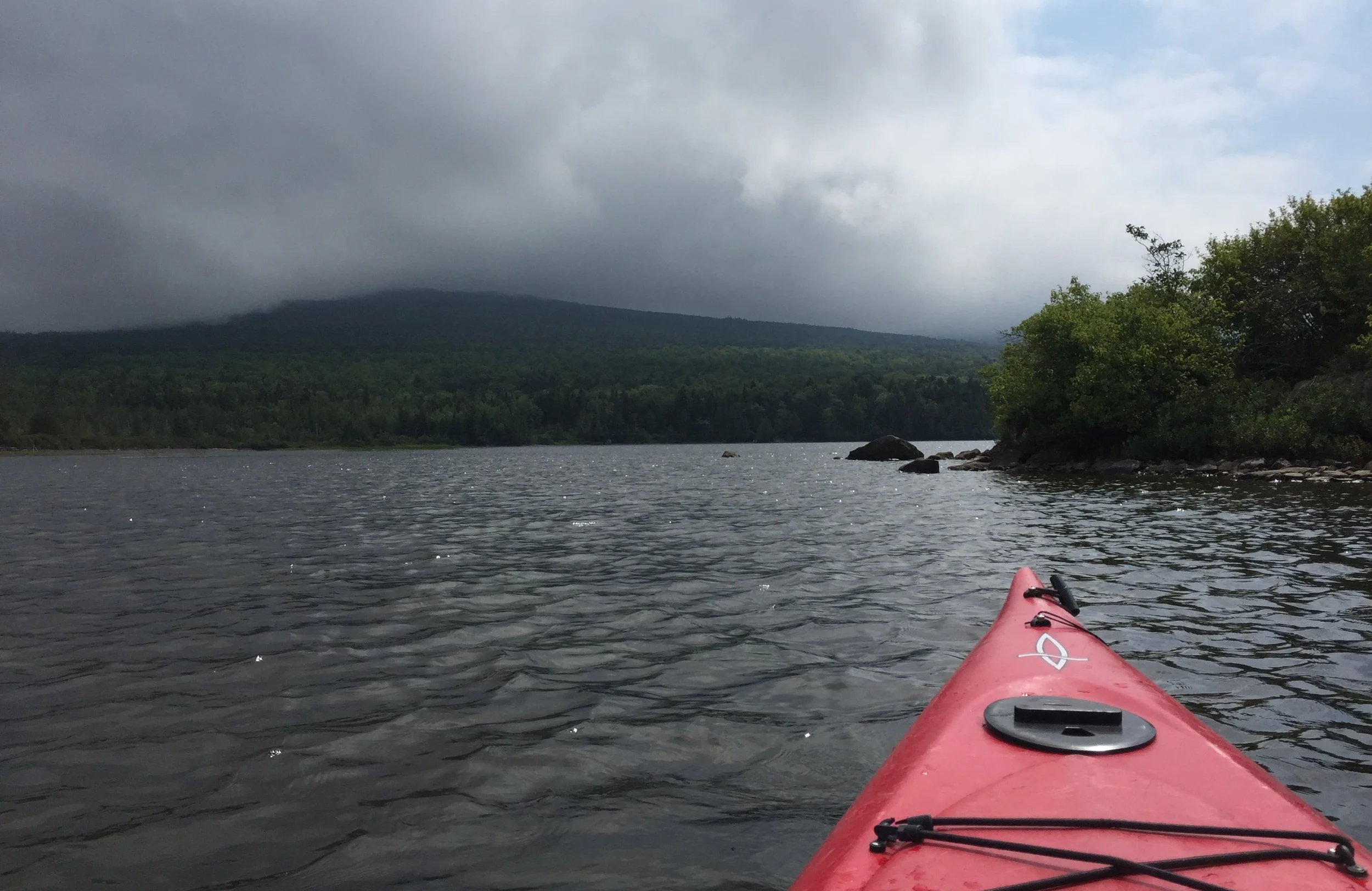Are you worried about the future of our public lands and the Land and Water Conservation Fund, but not sure what you can do? Calling your congressional delegation is one of the most powerful things we can do as individuals. You don’t need to be an expert on the issue, but the more people who call and talk about the importance of LWCF, the more likely your representative is to notice. It really does work!
So, take five minutes and call your representatives’ offices—you can even call while on a walk enjoying the public lands and local parks you love.
Contacting Your Congressional Delegation
Follow this link
Enter your home address
Your Representative and Senators will be listed along with the contact number for their D.C. office. We strongly encourage you to call.
First Time Calling? Here are some Tips!
Introduce yourself, where you are from in the district/state, why you are calling.
Mention your personal connection to the Land and Water Conservation Fund – public lands in your state, local parks in your community, vacations to National Parks, hunting trips, importance to your business, etc.
Ask your Member of Congress to do whatever it takes to make sure LWCF is permanently guaranteed full, dedicated funding at the now permanently authorized level of $900M each year.
Ask your Member of Congress to support robust funding of LWCF and oppose the Trump Administration’s 105% cut to LWCF in their FY20 budget. Note that threats to the annual budget for LWCF are very concerning, and dedicated funding would be a smarter way to go.
Additional talking points are below with more details. You can also visit the “Resources” page and download your state’s factsheet for more specific information.
Thank the person you are speaking to for their time and for passing on your concerns.
Background
America’s most important conservation and recreation program has been permanently reauthorized, but our fight is not over. We must ensure that this wildly successful 53-year-old program will not continue to have more than half its funding raided every year but will continue to protect land, water, and history across the country permanently, by enacting full and dedicated funding.
The constant diversion of LWCF funds to other, non-conservation purposes casts a chill over communities’ long-term planning to provide outdoor recreation access, protect wildlife habitat, preserve working forests and ranches, ensure plentiful safe drinking water for their residents, and achieve other locally-driven conservation goals, while projects are under direct threat from funding shortfalls as well.
The Trump Administration’s Fiscal Year 2020 Budget proposal would virtually eliminate funding for the Land and Water Conservation Fund, with a 105% overall cut to the program from this year’s enacted funding level.
The budgets for conservation at our National Parks, National Forests, National Wildlife Refuges and other public lands would be gutted.
State grant programs to support local recreation facilities, state parks, wildlife habitat and other community conservation priorities would also be decimated.
Working forest protection—which opens up public access and protects drinking water supplies while still keeping jobs in the woods—is zeroed out altogether.
Under this scenario agencies could not move forward with any LWCF projects whatsoever. That means once-in-a-generation opportunities to secure public access and protect our National Parks and public lands from private development inside their boundaries will be lost forever.
This perfectly illustrates why it is so important to pass legislation that would permanently guarantee LWCF funding that is full and dedicated at $900M annually. Over the past 53 years, more than $22 BILLION intended for conservation and recreation has been taken out of the LWCF account and used for other, unknown purposes. This must stop! That money is needed to protect lands within our National Parks, to connect trails, to keep jobs in the woods by conserving working forests, to expand wildlife habitat and sportsmen access so that hunting and fishing traditions can continue, and to power America’s massive outdoor recreation economy. The solution is dedicated funding, and legislation to achieve this is in Congress right now.
Talking Points
I strongly support the Land and Water Conservation Fund. I expect Congress to continue to support the continued use of our royalties from offshore energy development for CONSERVATION and RECREATION as intended by the LWCF Act for over half a century.
I thank Congress for acting on a long-term solution for reauthorization of this critical program and look forward to further action on dedicated funding of LWCF. I oppose the gutting of this program’s funding under the President’s Budget proposal.
Lack of consistent dedicated full funding for LWCF means that expanded hunting and fishing access will remain closed to the public and hiking, biking, climbing and paddling routes will become overcrowded or left vulnerable to development. This hurts America’s $887 billion recreation economy and the 7.6 million American jobs on which it depends.
The federal government, through LWCF, has long been a partner in creating urban parks across the country, particularly through State and Local assistance grants. LWCF has funded playgrounds, ball fields, and neighborhood parks providing close-to-home recreation for millions of American families. These local efforts are also on the chopping block.
Bipartisan support for LWCF in Congress has been strong and consistent for over half a century. Overwhelming majorities in the House and Senate just passed LWCF’s permanent reauthorization. What a victory! Now accepting the Administration’s budget proposal to gut LWCF makes no sense—it ignores the wishes of a majority in both the House and Senate, as well as ordinary citizens across the country like me.
I hope you will stand up and defend our most important conservation and recreation program, the Land and Water Conservation Fund. To do otherwise will hurt both urban and rural communities in every state.

